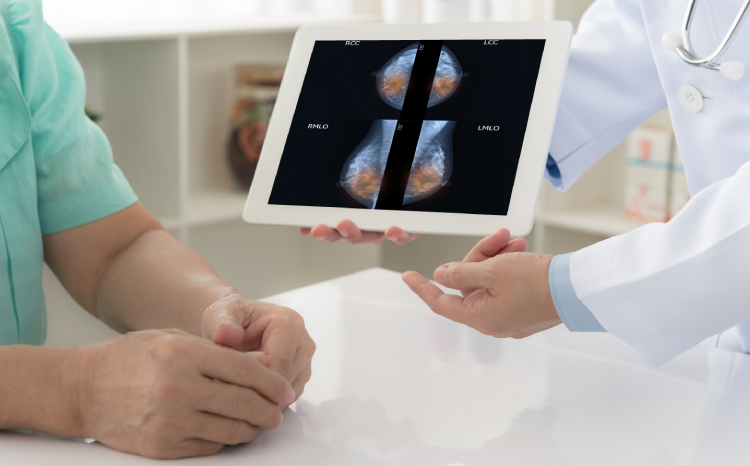Safety technology needed to protect nurses, says RCN
- 10 July 2007
The Royal College of Nursing (RCN) is calling for the NHS to fund mobile devices to enable community nurses working alone to summon help after it found more than one in three have been assaulted or harassed in the last two years.
The RCN this week launched a campaign, You’re Not Alone, to press the government to protect lone workers through funding training and technology to call in help quickly.
The RCN claims that in 2005 the then health secretary John Reid promised to work to provide lone workers with the Identicom system which enables the individual to discreetly call for emergency assistance and records verbal abuse for use in court.
However the RCN’s survey of nearly 1000 nurses carried out this year found that only 3% of trusts have invested in such a system while more than a third of community nurses reported being assaulted or harassed and 52% said the threat of violence or abuse had increased over the last two years.
Dr Peter Carter, general secretary of the RCN, said: “Two years ago the government committed to a system that will dramatically increase the ability to record evidence of attacks and give nurses the ability to instantly call in support in the event of an emergency; two years on from this promise the situation has worsened and the system has not been implemented.”
The Identicom system is designed to look like a normal identity cardholder but uses GSM technology to enable lone workers to discreetly call for help via a voice call or trigger an automatic text message to a dedicated third party. The system can also be used to record abuse.
Dr Carter added: “The change from care based in hospitals to the community will mean more and more nurses working alone, caring for patients in their homes and away from other staff. We need to make sure that nurses working alone are properly protected, fully supported and feel secure, that’s why we are launching this campaign.”
The survey on lone workers was welcomed by the NHS Security Management Service (SMS). Richard Hampton, head of the NHS SMS, said many of the RCN’s recommendations were already covered in its guidance to trusts issued in March 2005 and that it was up to trusts to implement it.
Hampton added: “Although we support the RCN’s call for the use of technology, such as Identicom, it must only be used as part of a wider lone worker policy and following a thorough risk assessment. In some health bodies, technology might not be the solution to the problem, which is why NHS SMS guidance is full of alternative measures and useful tips.
“It is important that NHS trusts train all frontline NHS staff in conflict resolution. Research has shown that staff feel safer at work after the training and better equipped to deal with abusive and potentially violent patients.
"Violence against NHS staff will not be tolerated. NHS staff deserve to work in an environment free from the fear of violence. We will do everything in our power to make this a reality.”




